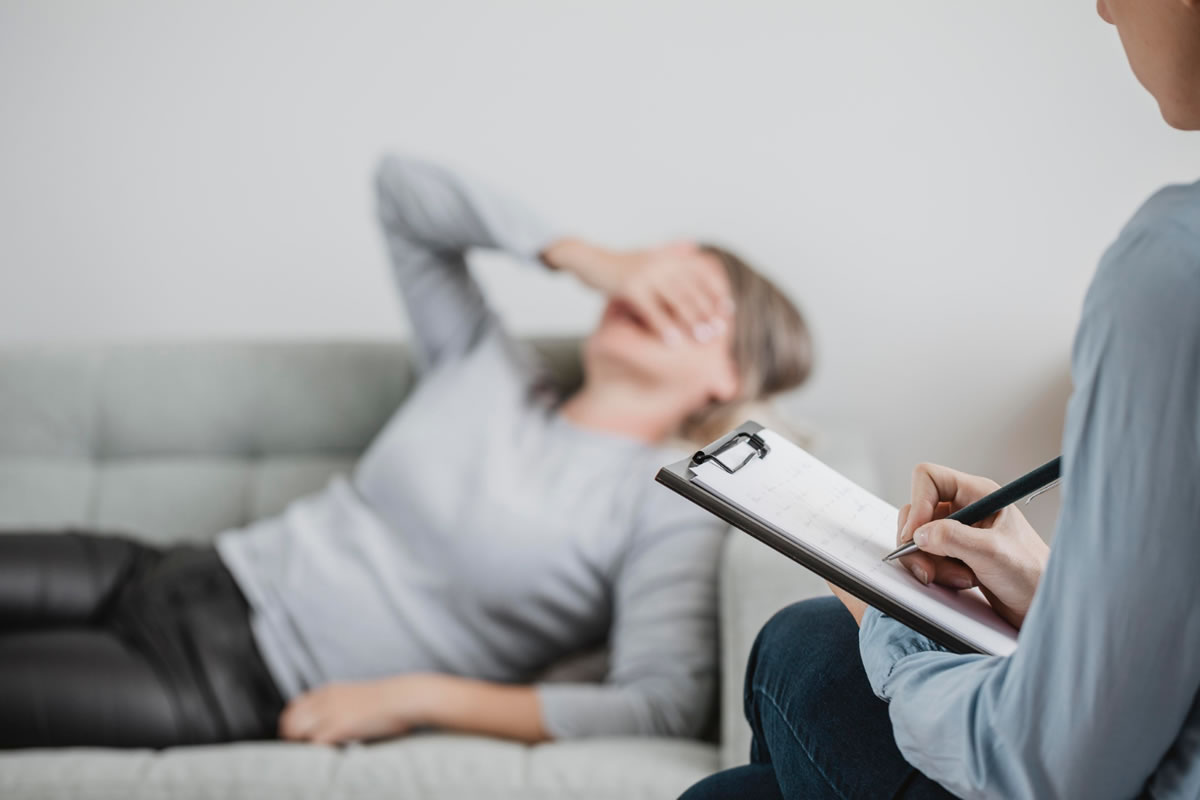Ways to Lower Anxiety About Therapy

It is common to experience anxiety before your initial therapy session. Pursuing a therapist's assistance is a massive step toward mental health or relationship progress. It indicates that you are willing to make meaningful choices toward improving your circumstances. While therapy aids your mental health, you don't need to be entirely comfortable with the process. The first time visiting a therapist often initiates anxiety toward treatment, especially if you have no prior background working with a therapist. It is essential to note that emotions like this are normal. Your concern about attending therapy does not always fade, even when you agree to go.
You might feel awkward in your initial exchanges. After all, you likely share details about your battles and other essential information about your entire life. A therapist talks to you about your background, romantic connections, friends, job, family, and more. Exposing all these personal details to somebody you don't know is difficult. Many individuals worry about whether they will connect with their provider or not before the initial session. They stress about going through the entire process again if they don't. While therapy is a great way to enhance and address your mental health, it's no wonder individuals are nervous about it. Our experts on individual and marriage counseling in Windermere provide these tips to help lower your anxiety toward your initial therapy session:
Be proud
As noted earlier, the decision to go to therapy is a powerful step. You acknowledge you have mental health or relationship struggles and are ready to make a significant effort toward improving your circumstances. Meeting with a therapist and discussing intimate details requires bravery. While your mind might focus on inquiries about your first visit, it is critical to appreciate the essential first step you took.
Be honest
Disclosing personal details of your life to a stranger often causes anxiety. However, if you fail to be open and honest with your therapist, you squander your time and your provider's. Remember that your therapist may recommend improper treatment or misdiagnose you if you can't be honest. You might even convince them you don't need therapy when that is not the case. Thus, never attempt to whitewash your conduct or how you feel. It is essential to recognize that your therapist does not judge you and that the therapy environment is safe. It is also helpful to be upfront about any anxiety you encounter to break the ice and make future sessions easier.
Therapy is not a magic remedy, but it is undoubtedly valuable for people to manage their mental health better. You will likely be disappointed if you expect your problems to be immediately resolved. Therefore, establishing reasonable goals is critical. When constructing these goals, be specific about your expectations, like managing substance abuse, enhancing family connections, bypassing dating the wrong individuals, or drinking less. Developing clear goals helps you have reasonable expectations and fully comprehend it is a process that requires excessive work and time. Remember that therapists are human. Even though they are trained professionals, they don't have all the answers. However, they will help you navigate your emotions and feelings. Therapy is a collaboration that demands effort from you and your provider.
